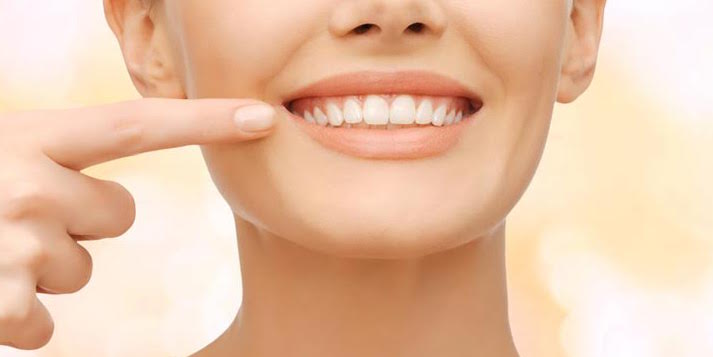Bad breath? Here are causes and treatment options for bad breath.

Hopefully by now someone has informed you (gently) of your halitosis, or – even better you figured it out yourself. If so, it’s time to take action. And that doesn’t mean forming an addiction to mints or downing mouthwash by the liter. Finding out the exact cause of halitosis will help you overcome it most efficiently.
Chances are, your halitosis is related to dental issues. Maybe you’ve slipped off the gold star chart for oral hygiene and have become lax with brushing, flossing, tongue scrubbing and meeting with a dentist twice a year. If so, particles from the food you eat will hang in your mouth and collect bacteria. Unfortunately, that bacteria doesn’t smell quite like peppermint, and foods such as garlic and onions can give your breath a particularly foul funk as you exhale.
Plaque buildup from poor dental hygiene habits can also lead to gum disease – another common culprit of bad breath. What else can turn a good mouth bad-smelling? Decay. Whether its in cavities, poor restorations or those spots under old crowns and fillings, the smell of rot is not pleasant.
Yeast infections of the mouth, which are most common among denture-wearers, can spell trouble for your breath, and so can xerostomia – a condition more commonly known as dry mouth. Saliva is a wonderful cleanser and if you don’t have enough saliva, food particles are more likely to stick around.
Smoking and chewing tobacco can also do wonders to stink up your breath, so add halitosis to the lengthy list of reasons to kick the deadly habits.
If, after some dental hygiene soul-searching, you admit your routine could use a boost – get boosting. Brush, floss and don’t forget to scrub your tongue, which is a popular hangout for smelly bacteria.
If you start brushing and flossing like a champ and still have bad breath, go to the dentist. He or she can help fix dental causes for bad breath, such as decay and gum disease. Your dentist will catch gum disease at its mildest stage, called gingivitis. With dental cleanings and improved at-home oral hygiene, you can reverse gingivitis. However, if left untreated, gingivitis can advance to periodontal disease, which will need a more aggressive treatment.
Source: https://health.usnews.com
